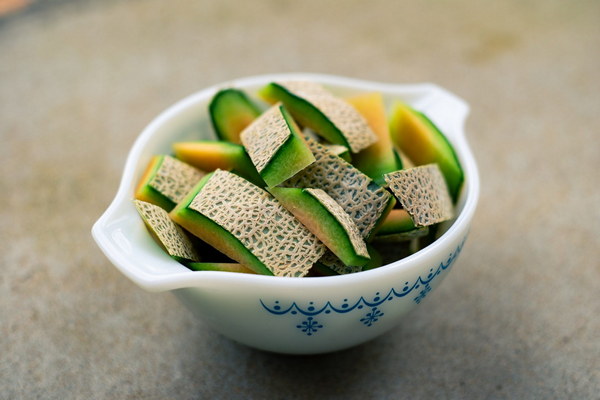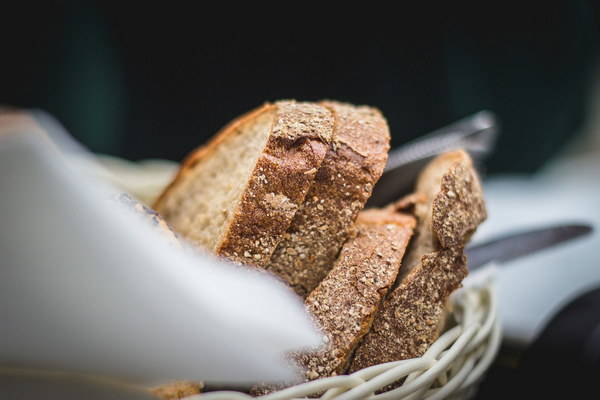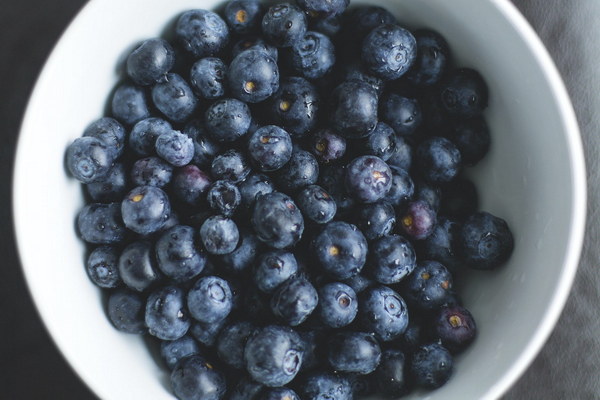Top Tips for Nourishing Your Spleen and Stomach What to Use for Optimal Health
Introduction:
The spleen and stomach are vital organs in Traditional Chinese Medicine (TCM) that play a crucial role in maintaining overall health. They are responsible for transforming food into energy and nutrients, as well as regulating blood circulation. To keep these organs in good shape, it is essential to incorporate certain foods, herbs, and lifestyle habits into your daily routine. In this article, we will discuss the best options for nourishing your spleen and stomach.
1. Foods to Incorporate into Your Diet:
a) White Rice: As a staple in many Asian cuisines, white rice is considered beneficial for the spleen and stomach. It provides a source of carbohydrates that can help stabilize blood sugar levels and promote energy.
b) Sweet Potatoes: These starchy vegetables are rich in vitamins, minerals, and fiber, making them an excellent choice for strengthening the spleen and stomach.
c) Miso: Made from fermented soybeans, miso is a Japanese condiment that is known for its health benefits. It contains probiotics that can improve gut health, as well as a variety of nutrients that support the spleen and stomach.
d) Nuts and Seeds: Almonds, walnuts, chia seeds, and flaxseeds are excellent sources of healthy fats, protein, and fiber, which can help regulate digestion and support the spleen and stomach.
e) Root Vegetables: Vegetables like carrots, beets, and radishes are rich in nutrients and can help improve the function of the spleen and stomach.
2. Herbs and Supplements:
a) Astragalus (Astragalus membranaceus): This herb is often used in TCM to boost the immune system and support the spleen and stomach. It can be taken as a tea or in supplement form.

b) Codonopsis (Codonopsis pilosula): Codonopsis is another herb commonly used in TCM to nourish the spleen and stomach. It can help improve energy levels and enhance digestion.
c) Licorice Root (Glycyrrhiza uralensis): Licorice root has a sweet taste and is known for its soothing properties. It can help reduce inflammation in the stomach and improve overall digestive health.
d) Ginger (Zingiber officinale): Ginger is a versatile herb that can be used to treat various digestive issues. It helps stimulate the production of digestive enzymes and can help alleviate nausea and bloating.
e) Probiotics: Probiotic supplements or foods rich in probiotics, such as yogurt or kefir, can help maintain a healthy gut flora, which is essential for optimal spleen and stomach function.
3. Lifestyle Habits:
a) Regular Exercise: Engaging in regular physical activity can help improve circulation and promote overall health, including the spleen and stomach.
b) Adequate Sleep: Getting enough rest is crucial for maintaining the proper function of the spleen and stomach. Aim for 7-9 hours of quality sleep each night.
c) Stress Management: Chronic stress can negatively impact the spleen and stomach. Practice stress-reducing techniques, such as meditation, deep breathing exercises, or yoga.
d) Mindful Eating: Pay attention to your eating habits and try to eat slowly and chew thoroughly. This can help improve digestion and reduce the likelihood of bloating and indigestion.
Conclusion:
Nourishing your spleen and stomach is essential for maintaining optimal health. By incorporating the right foods, herbs, and lifestyle habits into your daily routine, you can support these vital organs and promote overall well-being. Remember to consult with a healthcare professional before making any significant changes to your diet or supplement regimen.









